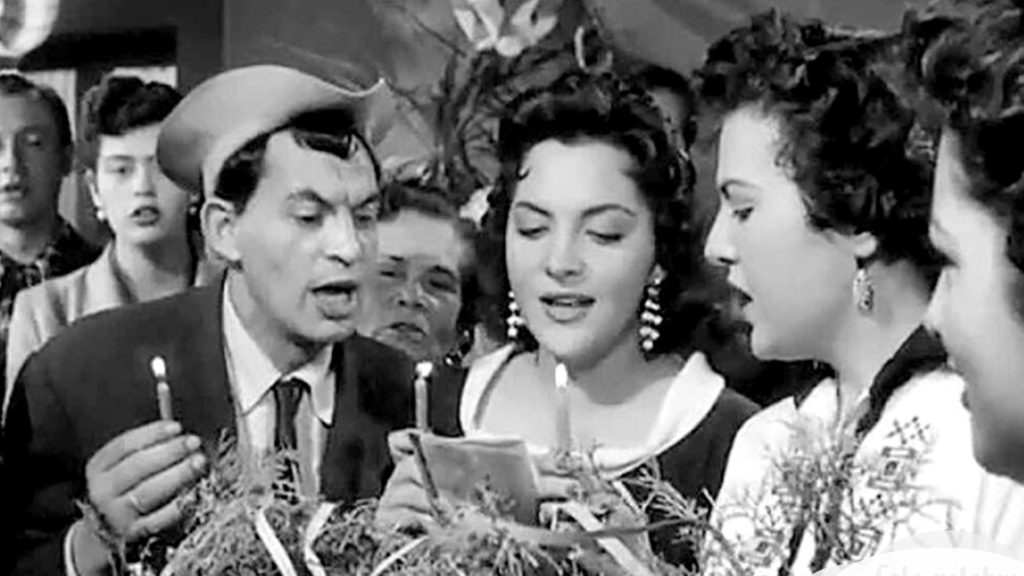The expression « Pura Vida » is of Spanish origin and literally translates to « pure life. » However, in Costa Rica, it goes beyond its literal meaning to become a true philosophy of life. « Pura Vida » can be used to greet, express gratitude, ask how someone is doing, or simply to say that everything is fine. It is a versatile phrase that captures the spirit of joy, optimism, and the celebration of a simple and authentic life.
It also embodies the relaxed and positive attitude of the Costa Rican people towards life. This expression is a fundamental part of Costa Rica’s national identity and a phrase that visitors often discover while exploring this beautiful country.
Where does the « Pura Vida » expression really come from?
One might think that such an iconic expression stems from a major historical event in Costa Rica, or perhaps it was the slogan of a beloved president from a bygone era. However, the reality is quite different…
The origin of « Pura Vida » is both fascinating and surprising, as it dates back to a film from 1956. Before that date, the expression simply wasn’t used in Costa Rica. But everything changed with the release of a Mexican film titled « Pura Vida. »
The film tells the story of a main character whose life doesn’t quite go as planned but who maintains an optimistic and positive attitude by constantly using the expression « Pura Vida. »
SEE THIS CLIP FROM THE FILM AS CLAVILLAZO USES THE EXPRESSION « PURA VIDA! » FOR THE FIRST TIME:
By the 1970s, « Pura Vida » had become widely spread and had become an integral part of Costa Rican identity. This fascinating revelation comes from the work of Costa Rican linguist Víctor Manuel Sánchez Corrales, who highlighted the connection between the Mexican film and the popularization of the expression « Pura Vida » in Costa Rica. Evidence of this story is also available in an article from La Nación dated 2013, as well as on Wikipedia.
It is remarkable to note that the origin of an expression deeply rooted in Costa Rican culture traces its roots back to a Mexican film. Although the film was screened in other countries, it was only in Costa Rica that « Pura Vida » was adopted as a mantra and became a central element of national identity.

« Pura Vida » and Its Connection to Mexican Cinema
It seems that before 1956, no one in Costa Rica used the phrase « Pura Vida, » but everything changed with the release of the film. For an hour and a half, the film directed by Gilberto Martínez Solares tells the misadventures of an unlucky man named Melquiades Ledezma.
Expelled from his hometown because he was considered a jinx, his tale of misfortune repeats itself in his new neighborhood, where he is eventually labeled a thief and arsonist. The fortunes of the cheeky character come to an end when he wins a million pesos in a lottery ticket.
In the first thirty seconds of the film « Pura Vida, » the protagonist Melquiades utters these words for the first time during his encounter with the president. He will reuse this new expression twelve times during his encounters and adventures throughout the plot.
Although the film was only screened for two weeks in Costa Rica, those who had the opportunity to see it were enchanted by the phrase and began to repeat it. By the 1970s, the expression had widely spread and had become an integral part of Costa Rican identity.
From the Silver Screen to the Spanish Dictionary!
Unlike how it was used in Clavillazo’s film, where things were simply « pura vida, » from the mid-1990s onwards, the term was integrated into Costa Rican dictionaries as an expression with several different meanings, including greetings, farewells, gratitude, qualification, or admiration for a situation, object, or person.
Today, the expression « Pura vida, » emblematic of Costa Rican culture and a quintessential tourist slogan, is now part of the Spanish Language Dictionary.
On November 28, 2023, the Real Academia Española presented the updates to the online version of the dictionary in Madrid, which were added as part of the RAE’s recent policy to be more open to Latin American expressions.
The director of the institution, Santiago Muñoz Machado, emphasized the multiple meanings of this expression. « In Costa Rica, there are up to six senses to refer to a pleasant person, in good health, something good, or as a familiar expression of greeting and departure, » Muñoz explained during the press conference.
Pura vida, Clavillazo!

- Revolutionizing Storage in Guanacaste: Storage del Norte is Now Open
- Quand deux Québécois réinventent l’entreposage au Costa Rica
- Guana Safe Air: Raising the Bar for Air Conditioning Services in Costa Rica
- Guana Safe Air révolutionne l’entretien des climatiseurs dans le Guanacaste
- Une route alternative pour réduire la congestion au Guanacaste


